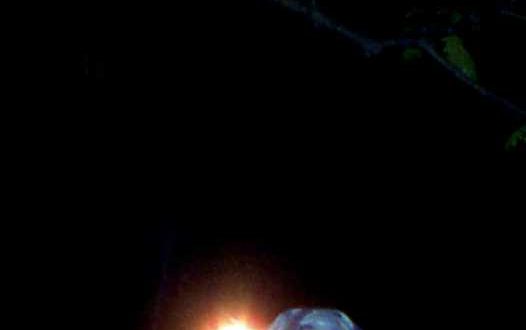It takes courage to look into the unknown. If we don’t have that courage, we attempt to cauterize and bandage the unknown. We paste labels on the unknown and want it to flow into the shape of our expectations.
When we attempt to gaze into the future, we encounter the horizon line of the unknown. Some unknowns are more unformed than others, and what we think we perceive of unformed unknowns is highly unreliable.
In the immortal words of Donald Rumsfeld: “Reports that say that something hasn’t happened are always interesting to me, because as we know, there are known knowns; there are things we know we know. We also know there are known unknowns; that is to say we know there are some things we do not know. But there are also unknown unknowns — the ones we don’t know we don’t know.”
Known unknowns, unknown unknowns, unknowable, unformed unknowns, what aspects of the unknown should we be looking into? The area of the unknown you are most likely to be able to look into, and most need to look into, are the unknown areas of you. As Socrates said, “Know thyself.” There can be no greater moral imperative. Violence — physical, psychological, and environmental is almost always perpetrated by people who do not know themselves. Bush, both father and son, have said proudly, “I don’t psychoanalyze myself. I only look in the mirror when I’m shaving.” What you don’t know about yourself, you project out into the world, and this is the most dangerous form of unknowing.
You have a crucial responsibility to look into your unknowns. Look into the unknown areas of your key relationships, the hidden sources of conflicts, and the aspects of yourself and others you haven’t seen.
I almost never believe in one-size-fits-all formulations, but a principle I recommend as universal is to avoid getting deeply entangled in a romantic relationship or other major commitment with someone until you know the shadow side of their personality. Everyone has a shadow, so if you don’t see it in the other, if they seem just about perfect, you are almost certainly blinded by idealization and/or infatuation. Beware — the unknown shadow aspects of yourself and the other will blindside.
Know as much as you can of the others in your life, but always respect their otherness, respect that you will never fully know them, just as you can’t fully know yourself. Some aspects of ourselves and others are unformed, and cannot be known until they actualize in a still unformed future.
The less you know about yourself, the more likely you are to imagine you know the future. A naïve person will look toward the horizon line of the future through a glass darkly and see a distorted reflection of the unknown parts of themselves — especially their fears and desires.
Consider this an auspicious time to summon the courage to look deeply into the unknown.
See: Pulling Back the Curtain
Seeing Blindspots
Recognizing the Obvious
Cosmic View
 ZapOracle.com home to the free 720-card Zap Oracle
ZapOracle.com home to the free 720-card Zap Oracle






